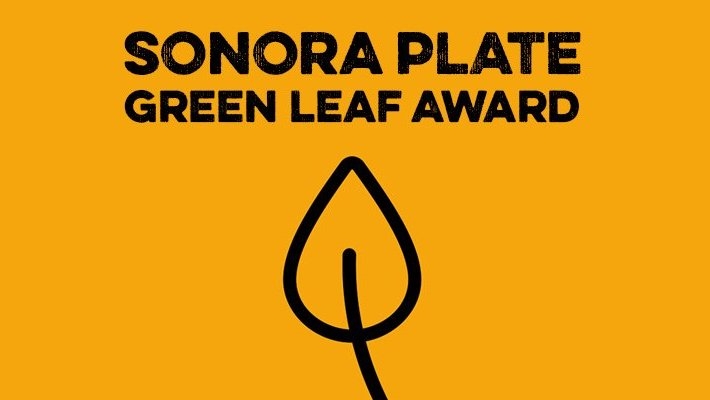
Features
Business
Sustainability
Mitchell Press named 2018 Kodak Sonora program winner
February 4, 2019 By PrintAction Staff

Mitchell Press is the only Canadian printing company out of 13 winners recognized in the 2018 Kodak Sonora Plate Green Leaf Award. The program, now in its sixth year, celebrates print service providers that adopt sustainable practices and offer their customers eco-friendly options for their printing needs.
In addition to integrating Kodak Sonora Process Free Plates into their operations, each of the winning companies demonstrated an ongoing commitment to investing in sustainable business practices. Award entrants were judged on a range of criteria, including management practices to improve energy and water efficiency, participation in local community sustainability initiatives and the use of eco-conscious materials and supplies.
All submissions are reviewed with scores determined by a panel of Kodak judges.
“We made the decision in 2017 to perform an extensive environmental audit and enlisted partners Climate Smart to teach us how to identify and track our carbon footprint and help us leverage that information to share with our clients and partners in the form of our first Sustainability Report,” says Scott Gray, VP Sales and Marketing at Burnaby, British Columbia-based Mitchell Press.
This is the second consecutive program win for Mitchell Press.
“We learned new ways to approach old sustainability challenges and found it pays dividends to hit it head on rather than ignore it. We developed a new in-house organics program, we recycle literally everything, our plant is equipped with state-of-the-art afterburners to virtually eliminate VOCs from our process.”
Gray explains Mitchell Press “has not looked back” since adopting the Kodak Sonora Process free plates, “loving amazing quality with 210 line screen heat set web – we call it high-speed quality lithography – and long-run performance with the benefit of keeping water out of the process.
“We feel that sustainability is an integral part of good business practices. Doing things right also attracts like-minded clients that understand and appreciate the consumer demand for accountability.”
The other 2018 winners include: Artes Gráficas Sagitario (Bolivia); Presse-Druck- und Verlags-GmbH (Germany); Blackmore Group (the U.K.); Colour King (South Africa); PT. Gelora Aksara Pratama (Indonesia); Hebei Xindong Printing Co. (China); Leanin Tree (the United States); The Profeather Printing Co., Ltd. (DongGuan) (China); SRB Printing (South Korea); Stuff New Zealand (New Zealand); Toyokuni Printing Co. (Japan); and Wijeya Newspapers (Sri Lanka).
“At Kodak we believe that sustainable printing provides the critical foundation for bolstering business success and each of this year’s Sonora Green Leaf Award winners are once again exemplary examples of how to put this practice in action,” says John O’Grady, President of Kodak’s Print Systems Division. “The specific outcomes that each of these printers yields from incorporating more eco-friendly actions into their whole business are quite tangible, from reduced operating costs to measurable increases in key performance metrics that benefit their customers.”
Kodak describes the Sonora process free plates as the centerpiece of its sustainable product offering, with over 4,000 customers using the technology worldwide and with the latest version, Sonora X, enabling 80 percent of printers to switch to process free plates. Beyond Sonora plates, Kodak’s CTP (computer-to-plate) solutions are designed to reduce energy consumption by up to 95 percent compared to alternative platforms, Kodak says. Kodak Prosper presses and Ultrastream Inkjet Technology have printhead components designed for refurbishment and reuse, while the Nexpress Press and Nexfinity Platforms include environmentally responsible features such as HD Dry Inks that boast no emissions and electrical power requirements significantly below those of alternative platforms.
Print this page